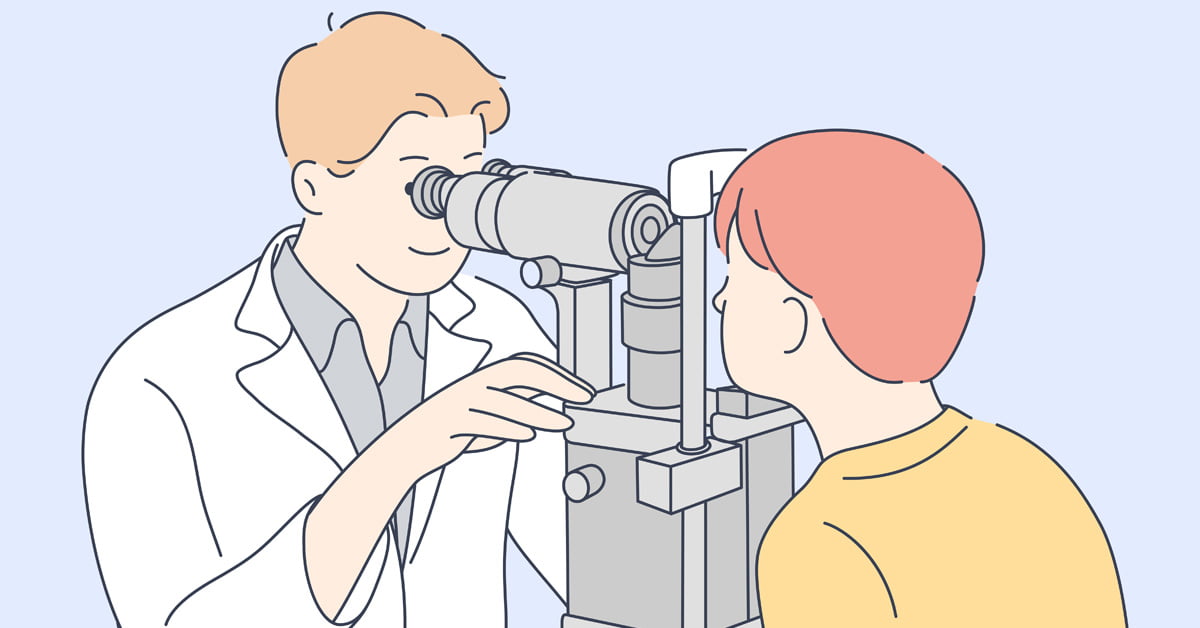
Clearing the Confusion: Understanding the Differences between Optometrists, Ophthalmologists, and Opticians
Optometrists, ophthalmologists, and opticians are healthcare professionals who specialize in eye care. Although these three professions deal with eye care, they have different levels of education, training, and expertise. In this blog, we will explore the differences between optometrists, ophthalmologists, and opticians, their roles in eye care, and how to choose the right professional for your eye care needs.
Optometrist
An optometrist is a healthcare professional who specializes in primary eye care. They are licensed to examine, diagnose, and treat common eye diseases and conditions, such as nearsightedness, farsightedness, and astigmatism. Optometrists can prescribe glasses and contact lenses, as well as medication for certain eye conditions. They also perform routine eye exams to detect and monitor eye diseases.
Optometrists receive a Doctor of Optometry (OD) degree after completing a four-year program at an accredited optometry school. They must also pass a national board exam and a state licensing exam to practice optometry. In addition, optometrists are required to complete continuing education courses to stay up-to-date with the latest advancements in eye care.
Ophthalmologist
An ophthalmologist is a medical doctor who specializes in eye care, including the diagnosis and treatment of eye diseases and conditions. They are licensed to perform surgical procedures, such as cataract surgery and LASIK surgery, as well as prescribe medication for eye conditions.
Ophthalmologists undergo extensive education and training, which includes four years of medical school and a four-year residency in ophthalmology. They must also pass a national board exam and a state licensing exam to practice ophthalmology. In addition, ophthalmologists are required to complete continuing education courses to maintain their expertise in the field.
Optician
An optician is a healthcare professional who specializes in fitting eyeglasses and contact lenses based on a prescription written by an optometrist or ophthalmologist. They are responsible for selecting the right frame, lens, and coatings for the patient’s specific needs. Opticians also make sure that the glasses or contact lenses fit properly and are comfortable to wear.
Opticians receive their training through vocational or technical schools, apprenticeships, or on-the-job training. Some states require opticians to be licensed or certified, which typically involves passing an exam after completing a training program.
Choosing the Right Professional for Your Eye Care Needs
Choosing the right eye care professional depends on your specific eye care needs. If you need a routine eye exam, a contact lens fitting, or a prescription for glasses, an optometrist is the right choice. Optometrists can also diagnose and treat common eye diseases and conditions, such as dry eye and glaucoma.
If you have an eye condition that requires surgery or advanced medical treatment, an ophthalmologist is the right choice. Ophthalmologists have the expertise to perform surgical procedures, such as cataract surgery and LASIK surgery, and treat complex eye diseases and conditions.
If you need help selecting the right frames or lenses for your glasses or contacts, an optician can provide expert advice and assistance.
References:
- American Optometric Association. What is an Optometrist? https://www.aoa.org/patients-and-public/caring-for-your-vision/comprehensive-eye-and-vision-examination/what-is-an-optometrist?sso=y
- American Academy of Ophthalmology. What is an Ophthalmologist? https://www.aao.org/eye-health/tips-prevention/what-is-an-ophthalmologist
- National Academy of Opticianry. About Opticianry. https://www.nao.org/about-opticianry/